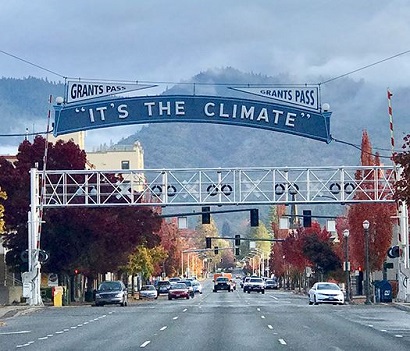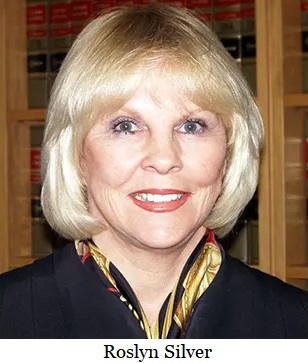





| Benton County Republicans’ Private Fundraising Event, “Bent-on Boots and Bling” with Trey Taylor |
| Friday, September 5, 2025 at 5:00 pm |
| Featuring Trey Taylor Music Private Event Friday, September 5, 2025 5:00-5:30 pm VIP Reception 5:30-8:00 pm Heavy Appetizers, Auction, Concert Red: $750 VIP Reception Front Row Table Sponsor White: $500 Table Sponsor Blue: $50 per person Limited Seating. Get Yours Now!!! Support Local Dress up: Bling, Cowboy, Patriotic Benton County Republican FUNDRAISER www.BentonGOP.org Get your tickets today at: https://www.bentongop.org/event-details/benton-county-republicans-fundraiser/form About Trey: Trey is the youngest African American Man in Country Music History. The Denver Post wrote "It's impossible to miss his enthusiasm. With a fondness for cowboy boots, gaudy colors and dazzling jewelry, Trey Taylor could stand toe to toe with any of the Pop, Country or even Rap contemporaries of his generation.“ |
| Trysting Tree Golf Club, 34028 NE Electric Rd., Corvallis |

 According to the majority opinion written by Judge Roslyn O. Silver of the Arizona District in Johnson v. Grants Pass, the City's ordinances are invalid.
According to the majority opinion written by Judge Roslyn O. Silver of the Arizona District in Johnson v. Grants Pass, the City's ordinances are invalid.
At least fifty, and perhaps as many as 600, homeless persons live in the City. And the number of homeless persons outnumber the available shelter beds. In other words, homeless persons have nowhere to shelter and sleep in the City other than on the streets or in parks. Nonetheless, City ordinances preclude homeless persons from using a blanket, a pillow, or a cardboard box for protection from the elements while sleeping within the City’s limits. The ordinances result in civil fines up to several hundred dollars per violation and persons found to violate ordinances multiple times can be barred from all City property. And if a homeless person is found on City property after receiving an exclusion order, they are subject to criminal prosecution for trespass.
In a dissenting opinion, Judge Daniel P. Collins -- a Trump appointee -- scolded the majority,In Martin v. City of Boise, we held that “the Eighth Amendment’s prohibition on cruel and unusual punishment bars a city from prosecuting people criminally for sleeping outside on public property when those people have no home or other shelter to go to.†Even assuming that Martin remains good law, today’s decision—which both misreads and greatly expands Martin’s holding—is egregiously wrong. To make things worse, the majority opinion then combines its gross misreading of Martin with a flagrant disregard of settled class-certification principles. The end result of this amalgamation of error is that the majority validates the core aspects of the district court’s extraordinary injunction in this case, which effectively requires the City of Grants Pass to allow all but one of its public parks to be used as homeless encampments. I respectfully dissent.
In a footnote, Collins also took on the Martin v. City of Boise decision, saying, "The majority’s decision is all the more troubling because, in truth, the foundation on which it is built is deeply flawed: Martin seriously misconstrued the Eighth Amendment and the Supreme Court’s caselaw construing it. But I am bound by Martin, and -- unlike the majority -- I faithfully apply it here."| Post Date: 2022-09-30 08:47:06 | Last Update: 2022-09-30 13:43:07 |